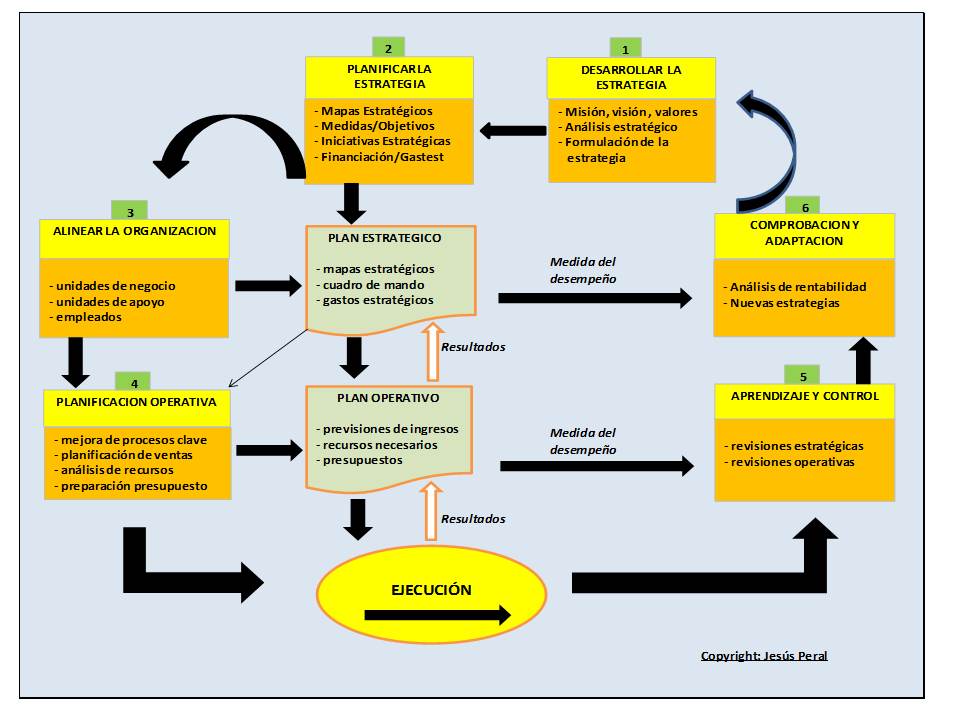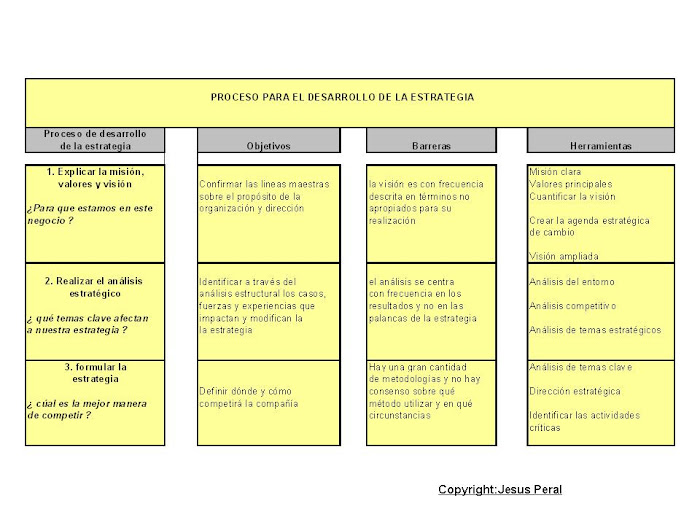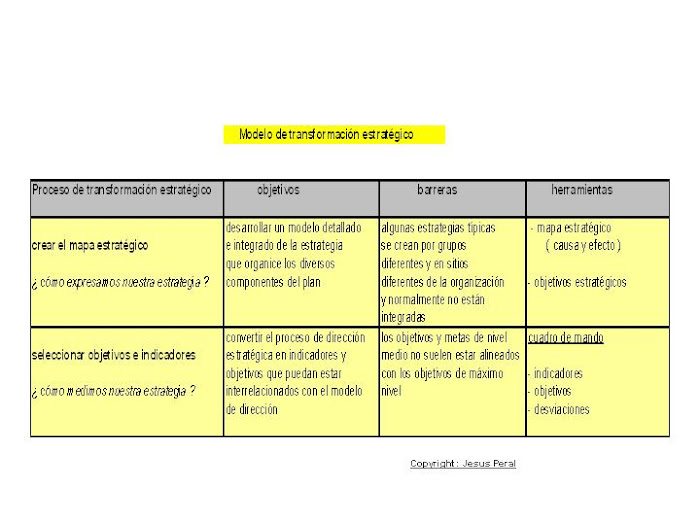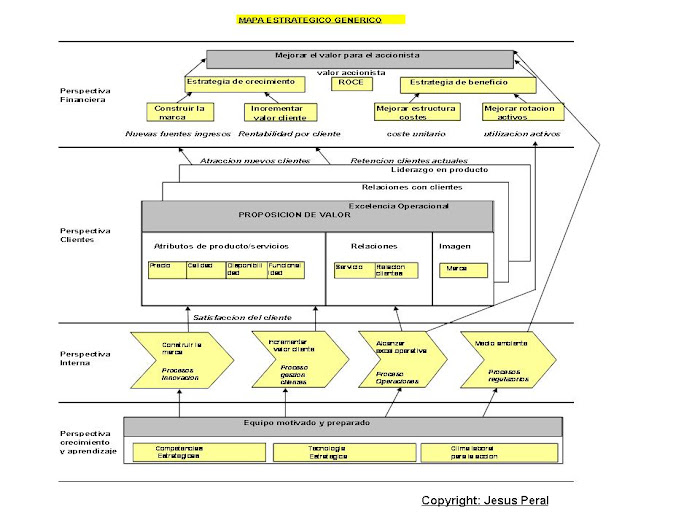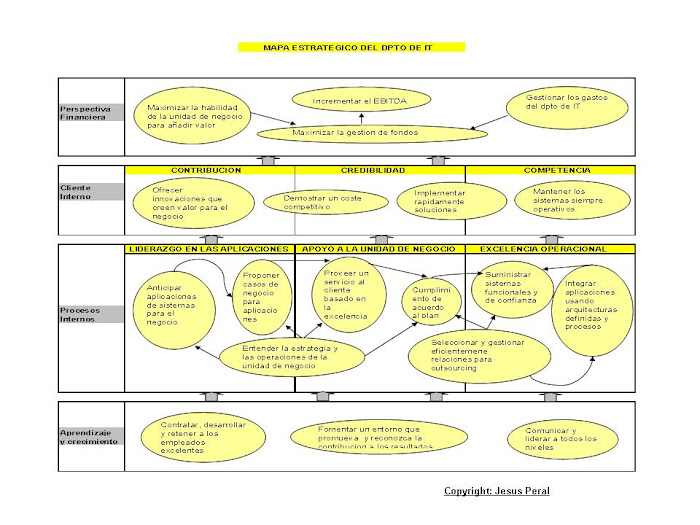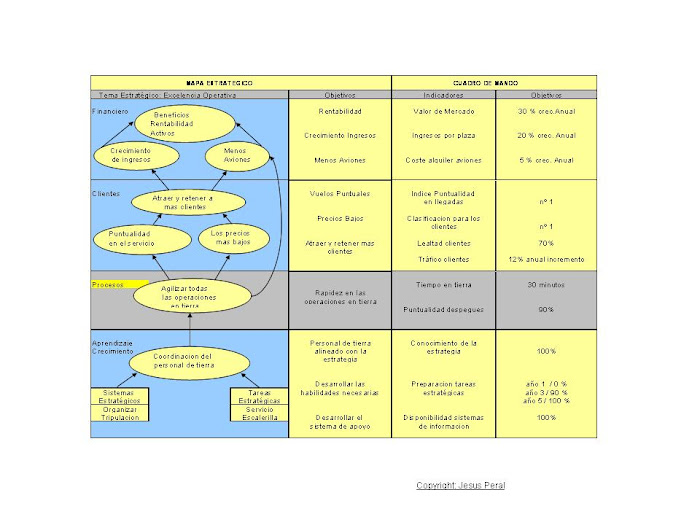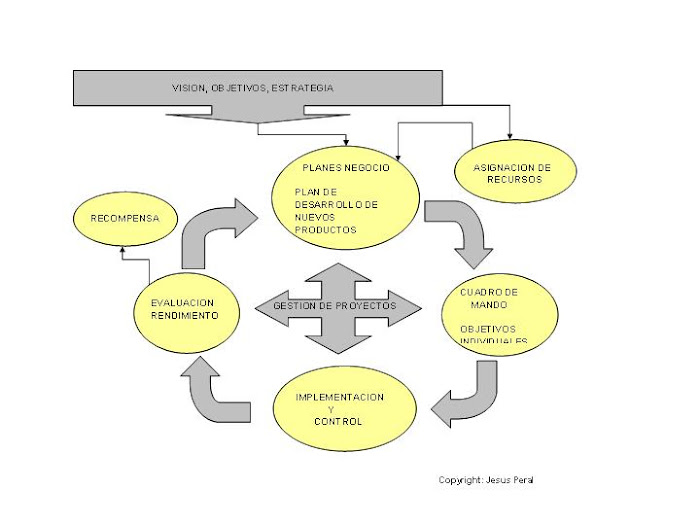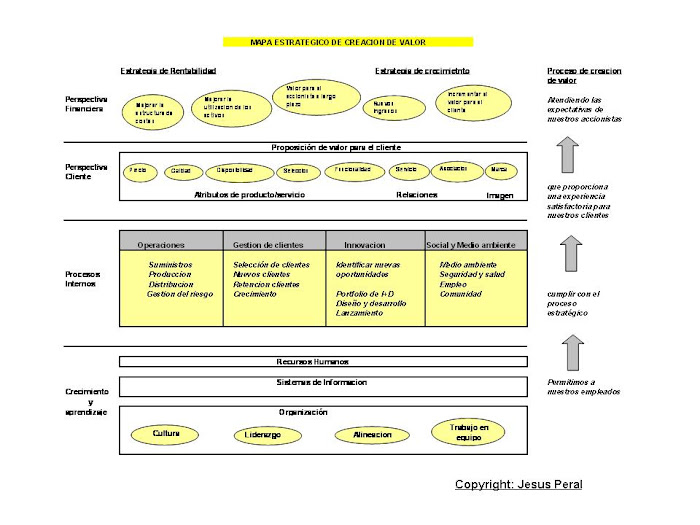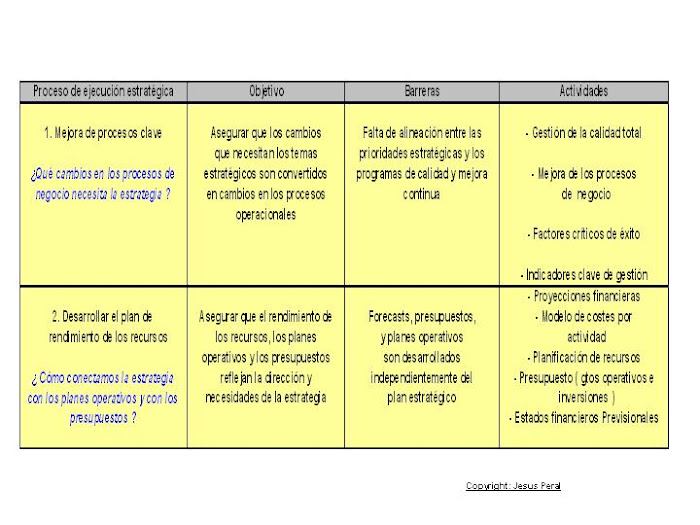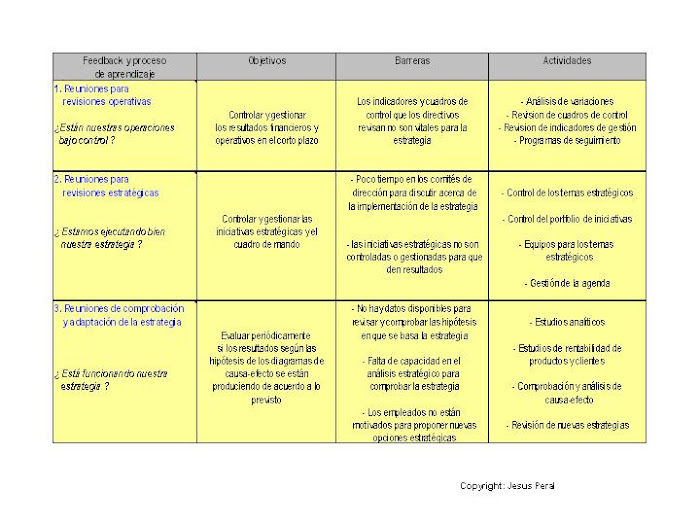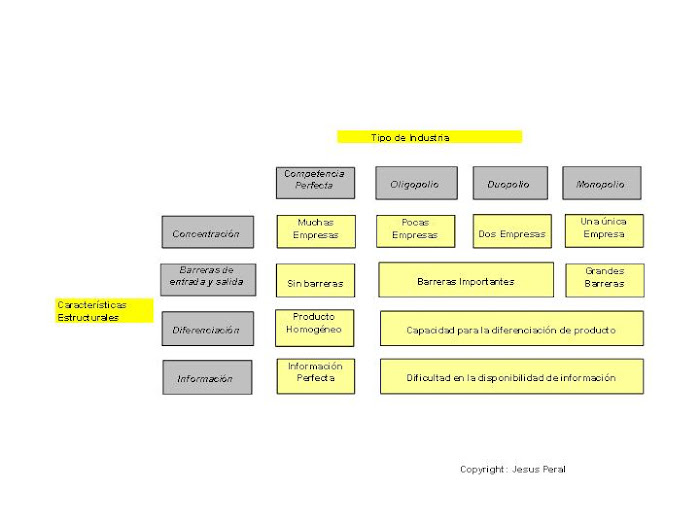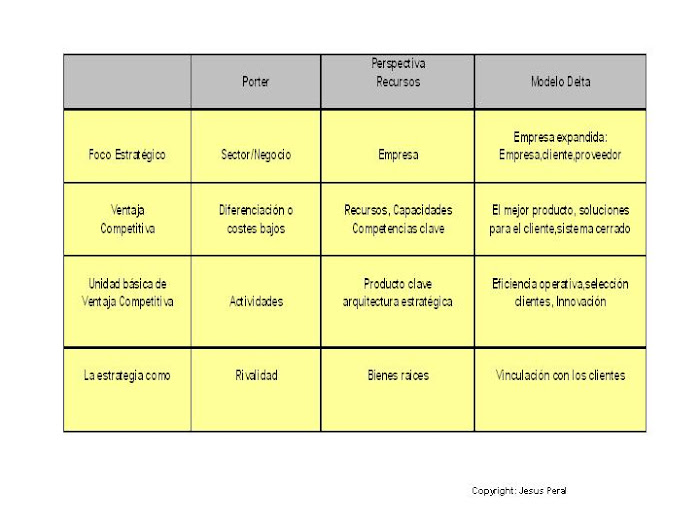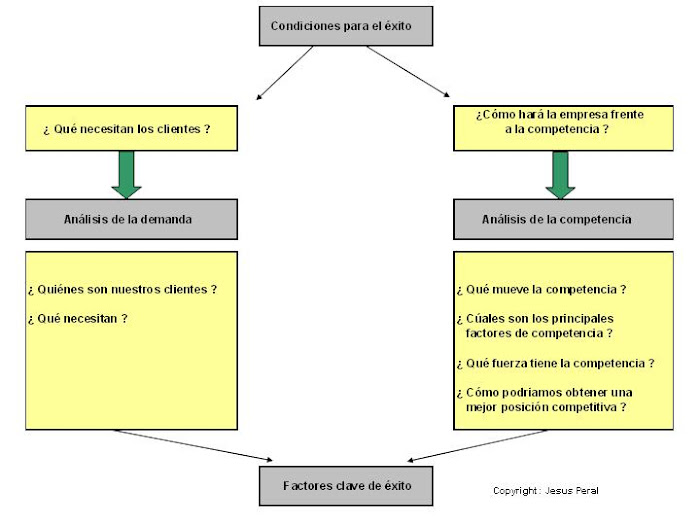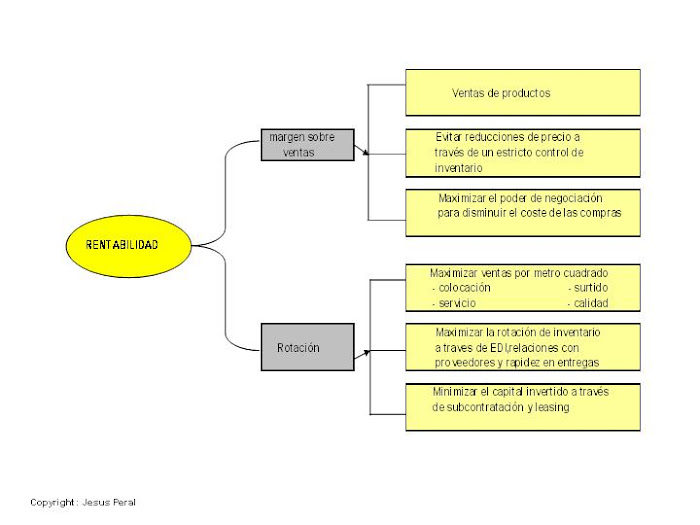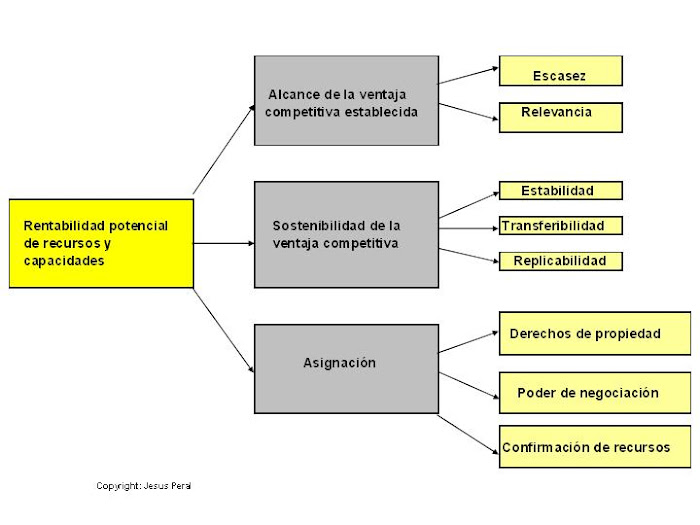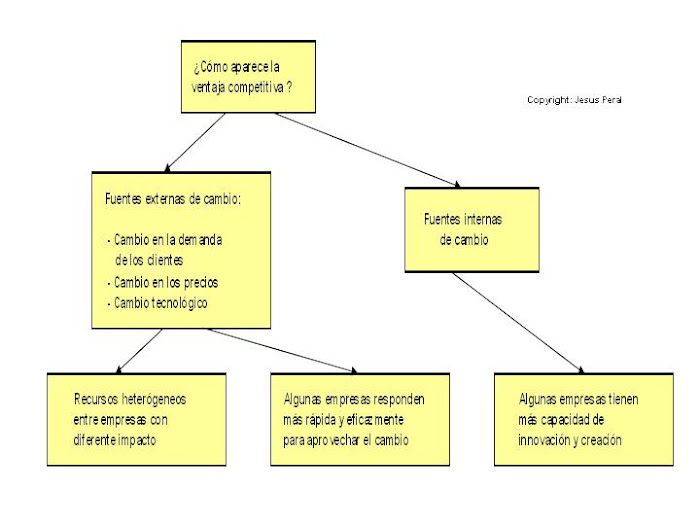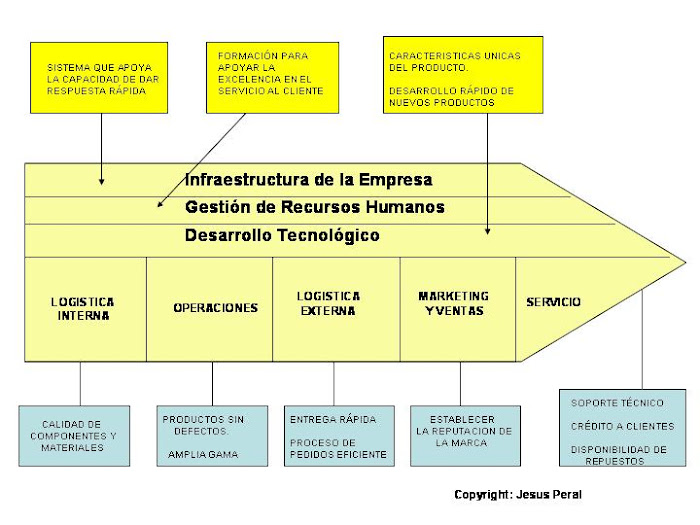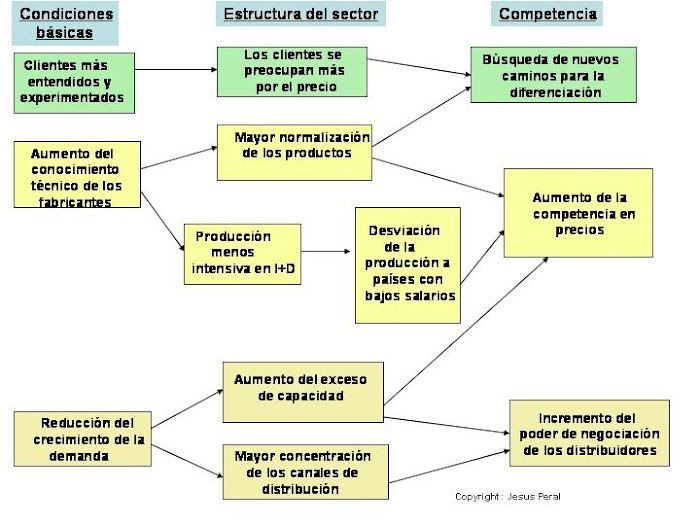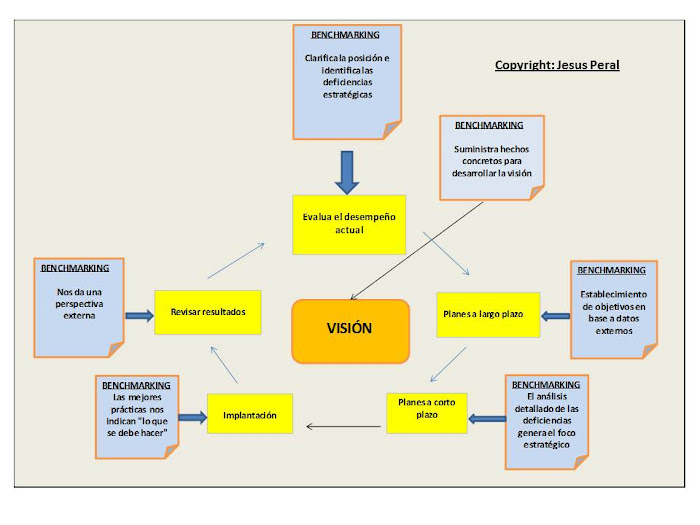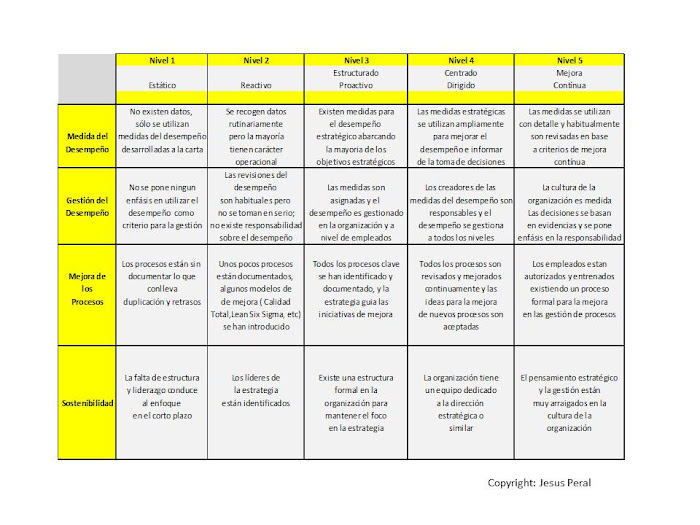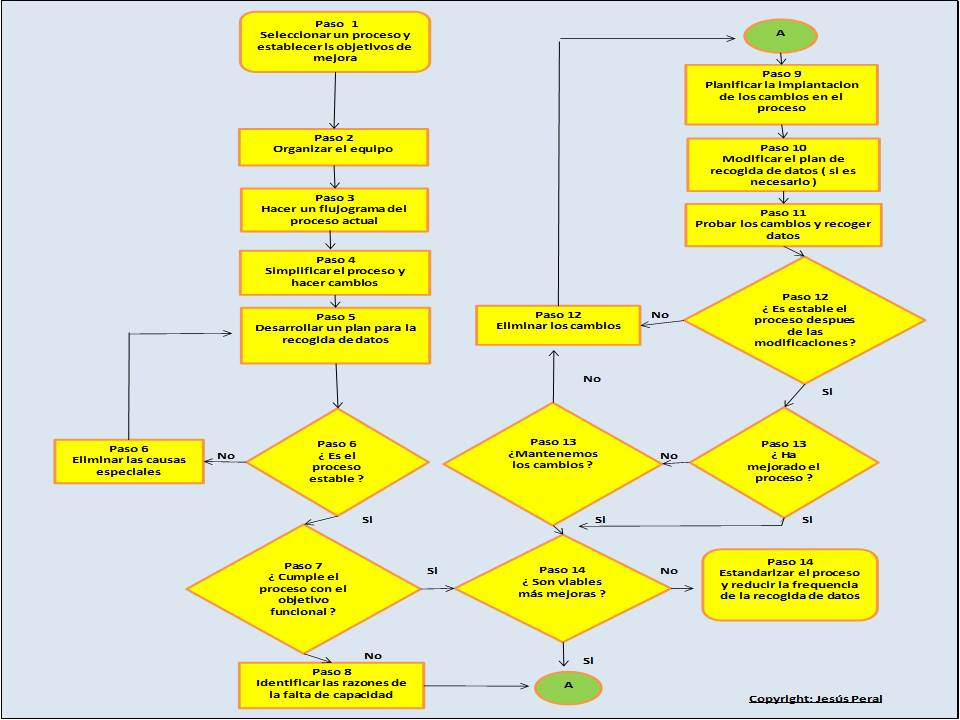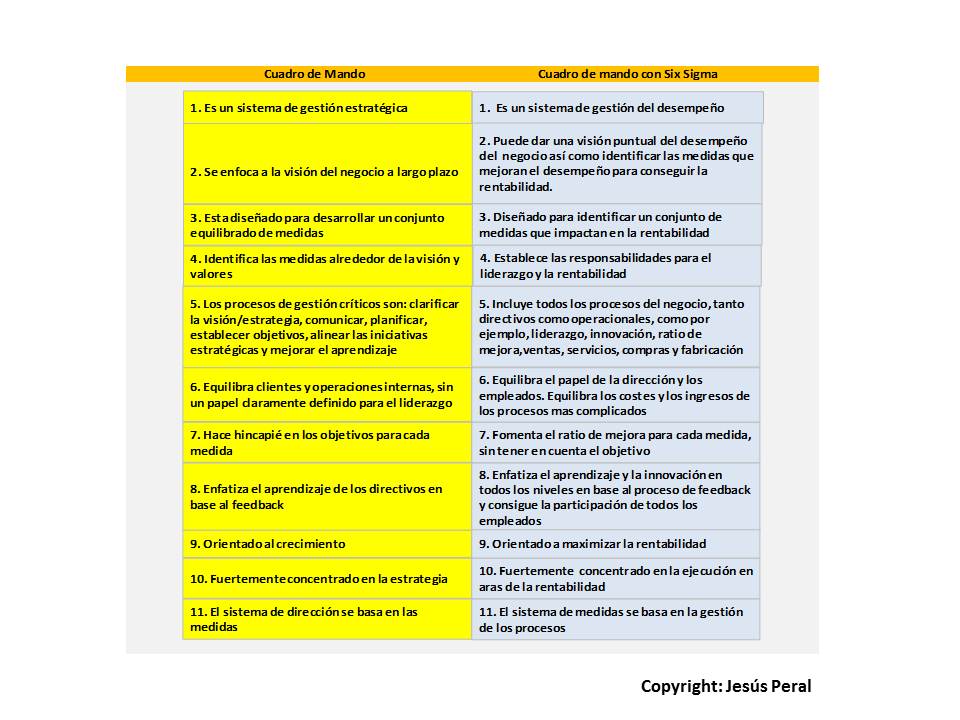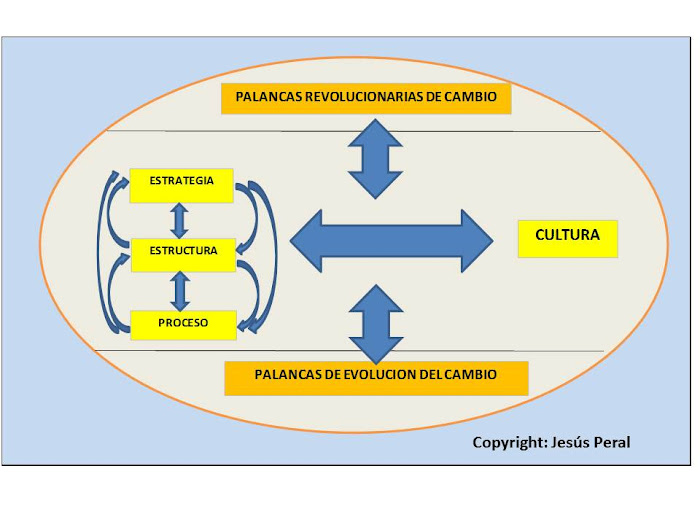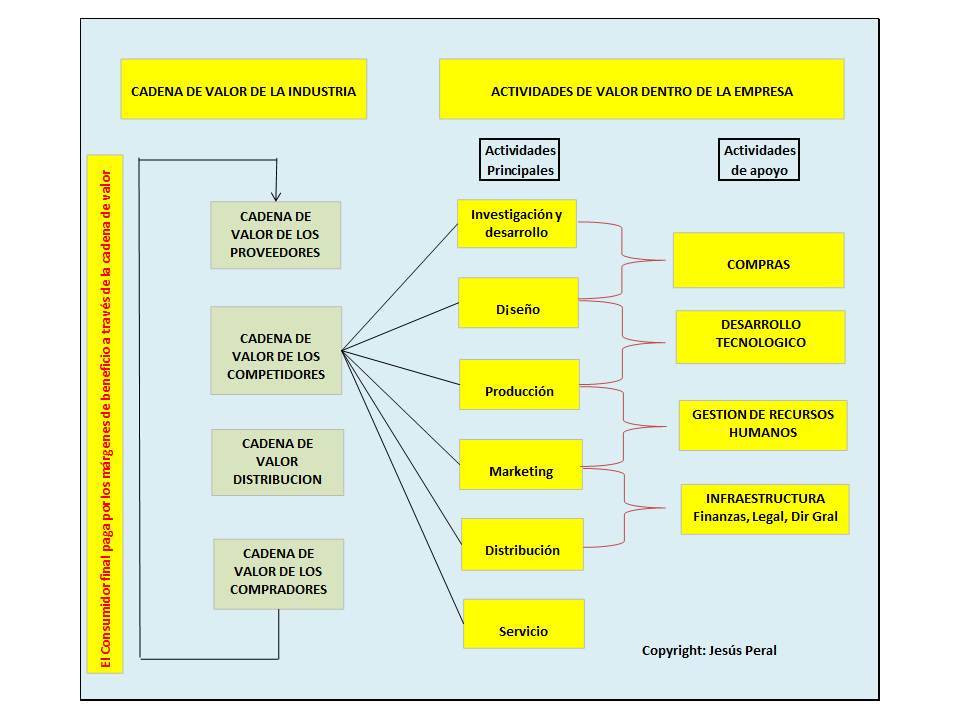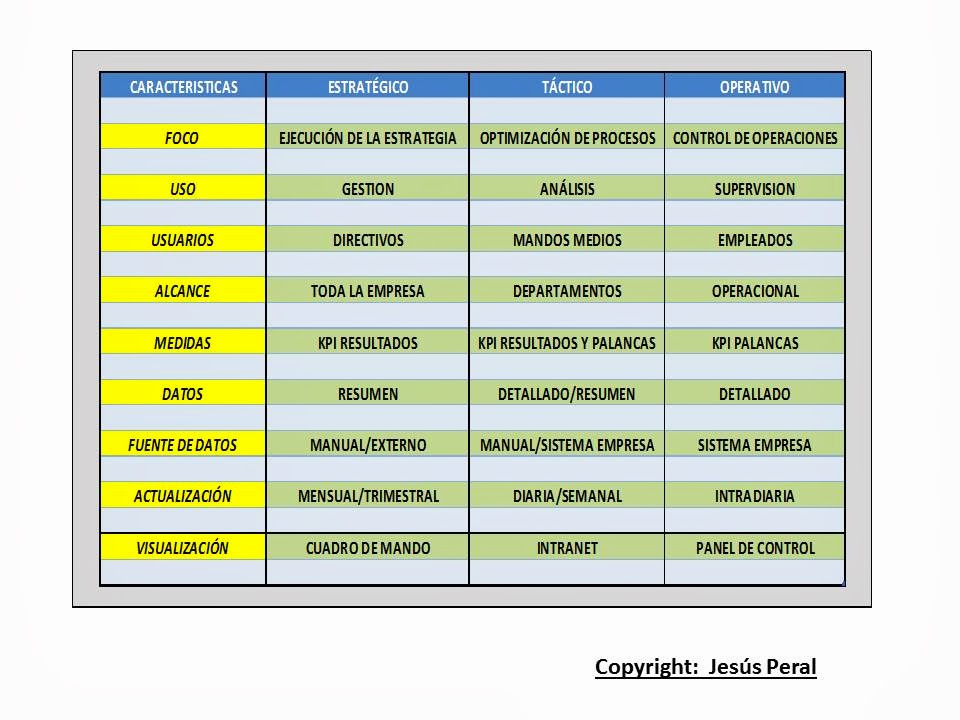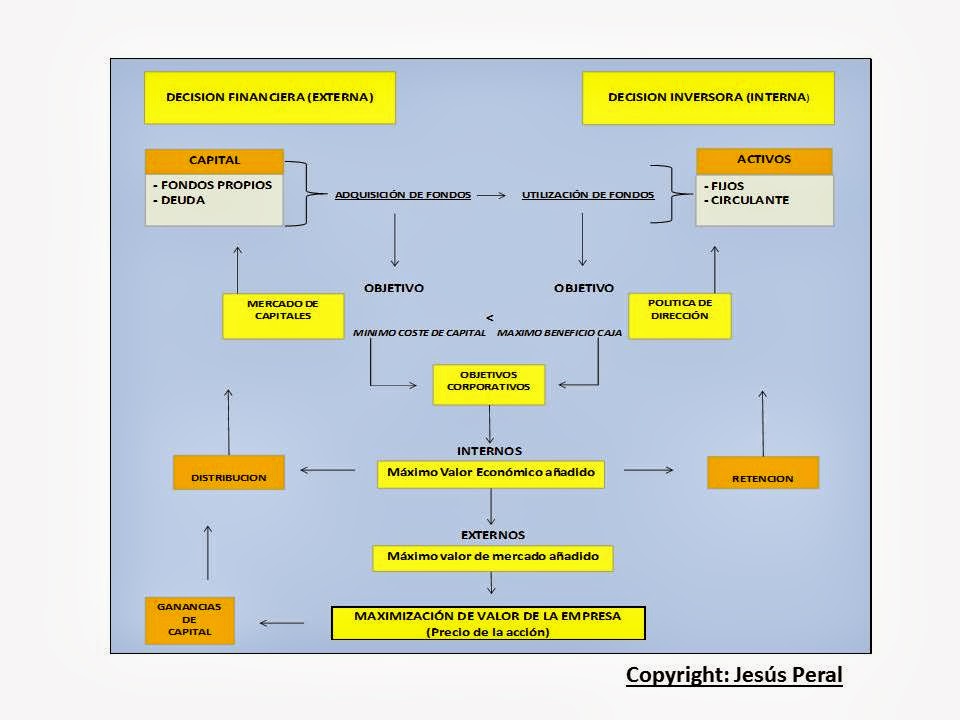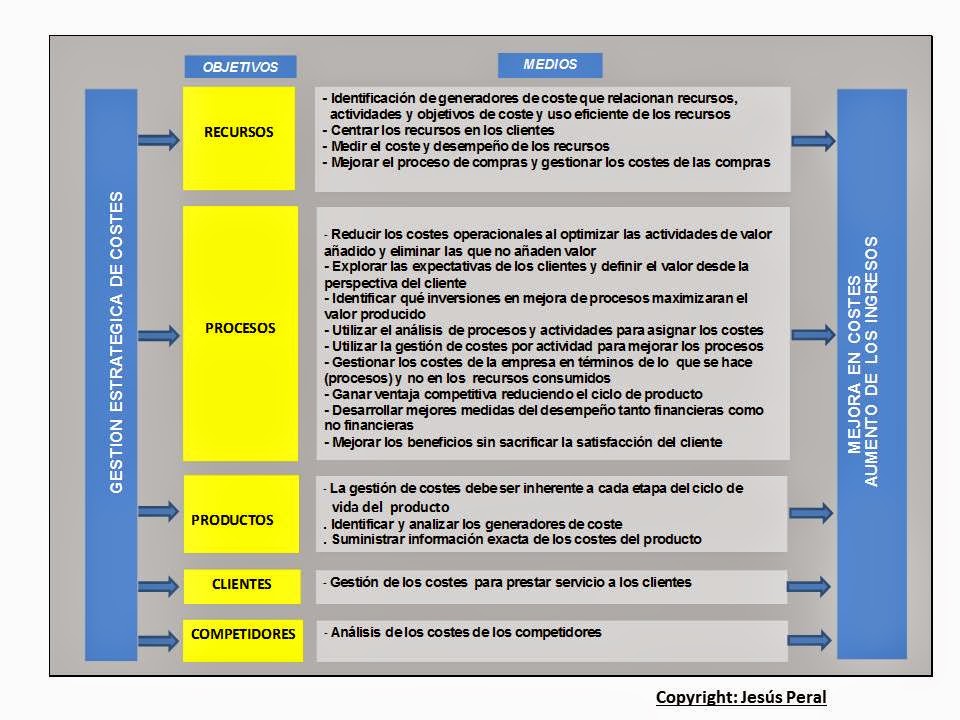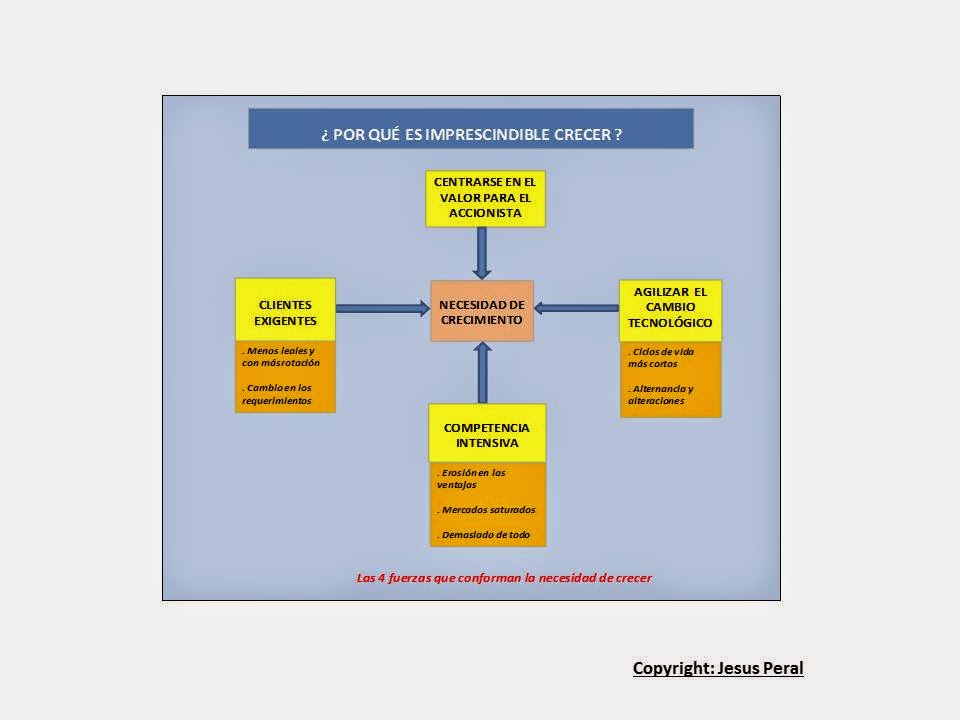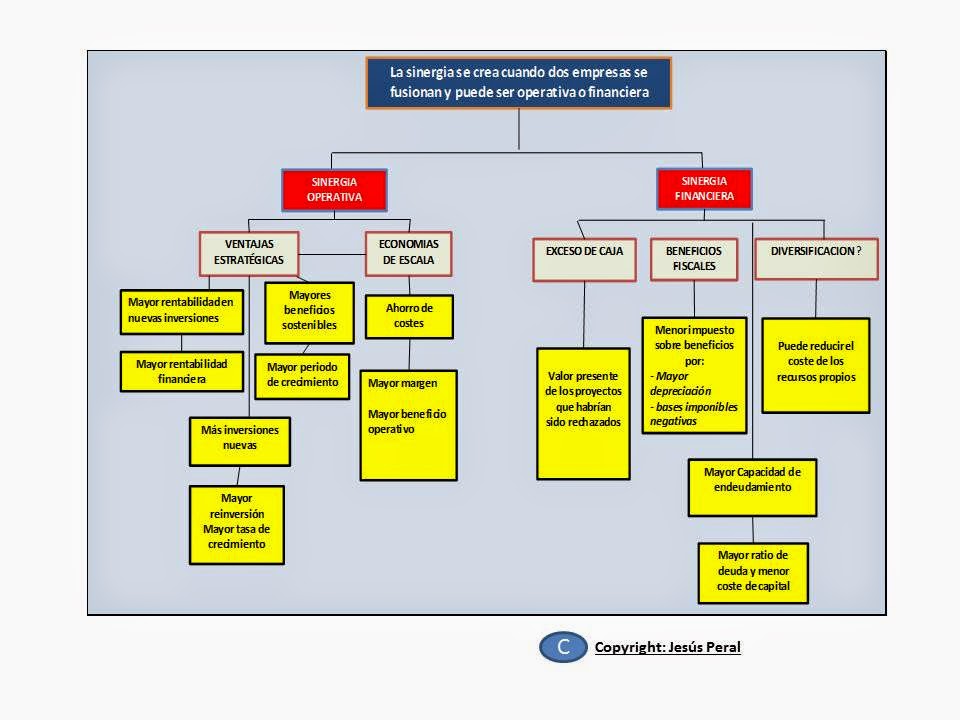One of the main activities within the finance
function is the controlling area. In the current scenario of uncertainty it is
even more important to focus on the effective control.
In this post I would like to share some
practical elements I have applied in my finance managerial roles so far.
First of all, what do we need to control?
Basically, we are seeking to control two things, inputs and outputs and the
relationship between them, in other words, the productivity or performance.
Let´s remember the well -known Murphy´s two
laws: if anything can go wrong it will,
and of the things that can´t go wrong some will.
The aim of good control is to protect your
plans from the operation of these laws as far as possible, to detect trouble
spots before they appear, to prevent those accidents which are just waiting to
happen. As we know, prevention is better than cure.
Control is relative. It does not deal with
absolutes, only with the difference between good and not so good performance.
The basis of control is measurement. It depends on accurate information about
what is being achieved. This is then compared with what should have been
achieved and with what has been achieved in the past. But that is only the
starting point. Good control also identifies responsibility and points the way
to action.
In my experience if you want to exercise good
control you need to:
·
Plan
what you aim to achieve
·
Measure
regularly what has been achieved
·
Compare
actual achievements with the plan
·
Take
action to exploit opportunities revealed by this information or to correct
deviations from the plan
On the other hand control is not only a matter
of putting things right. It also has a positive side, for example, getting more
or better things done on the basis of the information received.
A good control system is not easy to set up.
Let me comment two essentials as follows:
·
To
set appropriate and fair targets, standards and budgets. In my experience this
may be difficult where the scope for quantification is limited or if the
circumstances make forecasts unreliable.
·
To
decide what information is crucial for control purposes and design reports
which clearly convey that information to the rest of departments and can use it
to point the way to action. This also produces problems. Too many control
systems generate a surfeit of indigestible data which go to the wrong people
and are not acted upon. We can have too little information but there is also
such a thing as information overkill. There is a tendency for some people to
report good results and cover up poor results. In any case, the figures may not
tell the whole story. Is this familiar for you? For sure !!
There are in my opinion some steps to be
followed if you want to achieve good control. Every organization or manager may
have their own but for me are critical:
·
Decide
what you want to control
·
Decide
how you are going to measure and review performance
·
Use
ratio analysis or other analysis you consider appropriate to make comparisons
and to identify variations and problems
·
Set
up a control system
·
Manage
by exception.
For me the control system is one of the most
critical. So, the question is, what do we need from a control system? The basic
requirement is reports that clearly identify areas of good and bad performance
so that appropriate action can be taken. At higher levels exception reporting
can be adopted so that significant deviations can be highlighted. Overall
summaries of performance against the plan and trends will also be necessary at
this level, but these could disguise significant underlying deviations which
would be pointed out in an exception report.
So what should the reports contain?
·
Measurements
which are accurate, valid and reliable. Permit a direct and easy comparison
between planned and actual performance
·
Analyze
trends, comparing one period´s performance with that of the previous period or
of the same period the previous year and where appropriate, summarizing the
year to date position. We are familiar with this as it is very common in the
multinational environment.
·
Be
given to the person who is responsible for the activity concerned
·
Arrive
promptly, in time to allow the necessary action to be taken
·
Provide
succinct explanations of any deviations from plan.
What
about the measurements?
Measurement is a good thing but all figures
need to be treated with caution. They may conceal more that they reveal.
See below the most common weaknesses you need
to look for:
·
Non-representative
reporting, for example, data selected which don’t cover the key issues,
disguise unfavourable results or over emphasize favourable performance
·
Not
comparing like with like, the typical apples and pears syndrome. For example, a
trend or projection which does not take account of changing or new factors
which have altered or will alter the situation since the base data were
collected.
·
Misleading
averages, averages do not always tell the whole story. They may conceal
extremes in performance which are significant
·
Unintentional
errors, for example, simple mistakes in calculation, presentation or even observation.
·
Measurements
out of context, as almost any single measure is influenced by other measures.
Figures in isolation may not mean very much. You have to know about
relationships and the underlying influence.
Finally I would like to comment on the management
by exception. Management by exception frees you to concentrate on the things
that matter.
Deciding what constitutes an exception is a
useful exercise in itself. It means selecting the key events and measures which
will show up good, bad or indifferent results and indicate whether or not
performance is going according to plan. The chosen indicators or ratios can be
studied so that the significance of the changes or trends is readily
understood. More important, the possible causes of deviations can be analyzed
and kept in mind.
Most of us have come across your boss or senior
management members who seem to have the almost magic facility for studying a
mass of figures and immediately spotting the one really important deviation or
the item that does not ring true. It sometimes seems to be pure instinct but of
course, in the vast majority of occasions, it is not. This is based in practice
of the management by exception discipline. Your experience and analytical
skills will help you to find out what actually constitutes the normal
performance to know key indicators and look for them.
I recommend you to develop this skill as the
effort of acquiring it is well worthwhile.
As a summary of all the above mentioned just to
comment that in controlling the input and output and hence productivity, an
overview is essential. It is not good concentrating on inputs, mainly expressed
as costs unless you look at the benefits arising from these expenditures and
the effectiveness with which the costs have been incurred. Cost benefit and
cost effectiveness studies are an essential part of the control process as
well.

